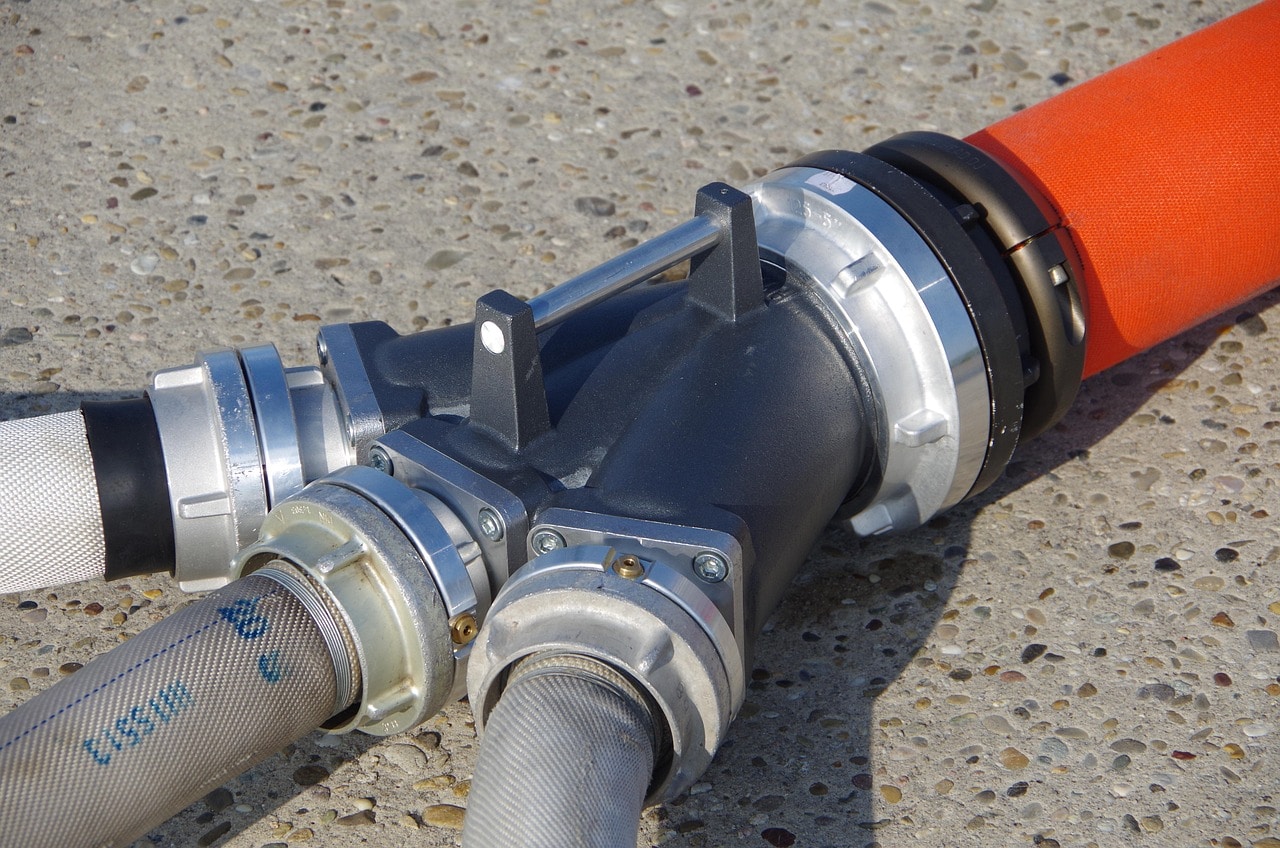Automotive Engineers Develop Next-Gen Battery Tech
The automotive industry is constantly evolving and adapting to the changing needs and demands of consumers. One of the newest and most exciting developments in the automotive world is the next generation of battery technology. Automotive engineers are always looking for ways to improve the performance and efficiency of vehicles, and the development of next-gen batteries is a huge step in the right direction. In this article, we will dive into the world of automotive engineering and explore how engineers are working to develop the next generation of battery technology.
The Need for Next-Gen Batteries
As the world shifts towards more sustainable and eco-friendly solutions, the automotive industry is under immense pressure to reduce its carbon footprint. Electric and hybrid vehicles are becoming increasingly popular, and with government regulations and environmental concerns, the demand for these types of vehicles is only going to increase.
However, one of the biggest challenges in the widespread adoption of electric vehicles is the battery technology. Current batteries have limitations in terms of range, performance, and longevity. This makes it difficult for people to fully commit to electric vehicles as their primary mode of transportation.
This is where next-gen batteries come in. These new and improved batteries offer higher energy density, faster charging, longer lifespan, and improved safety features. This not only makes electric vehicles more appealing to consumers, but it also paves the way for a greener and more sustainable future.
The Race to Develop Next-Gen Batteries
The competition to develop the best next-gen battery technology is fierce. Many automotive companies and tech giants are investing millions of dollars into research and development to come out on top. Notable players include Tesla, Panasonic, and Samsung, to name a few.
One of the biggest challenges in developing next-gen batteries is finding the right balance between performance, cost, and safety. Engineers are experimenting with various materials and compounds to increase the energy density while keeping costs low. They are also exploring new technologies such as solid-state batteries, which have the potential to be safer and more efficient than traditional lithium-ion batteries.
The Benefits of Next-Gen Batteries
The potential benefits of next-gen batteries in the automotive industry are vast. Increased energy density allows for longer range, which means electric vehicles can cover more distance without the need for frequent charging. Faster charging times also make electric vehicles more practical and convenient for everyday use.
Moreover, next-gen batteries are also expected to have a longer lifespan compared to current batteries. This means less frequent replacements, reducing the overall cost of ownership for electric vehicles. Additionally, with improved safety features, there is a lower risk of battery fires and other accidents.
The Impact of Next-Gen Batteries on the Automotive Industry
The development of next-gen batteries is not only beneficial for the consumer but also for the automotive industry as a whole. With increasing demand for electric vehicles, companies that can provide more efficient and cost-effective battery technology will have a competitive edge.
Moreover, the use of next-gen batteries also has a positive impact on the environment. Electric vehicles emit zero emissions, making them a greener alternative to traditional gasoline-powered vehicles. With next-gen batteries, the use of electric vehicles can become more widespread, resulting in a significant reduction in carbon footprint and pollution.
In Conclusion
The automotive engineers working on developing next-gen battery technology are paving the way for a more sustainable and eco-friendly future. With improved performance, faster charging, longer lifespan, and increased safety, the next generation of batteries will revolutionize the automotive industry and make electric vehicles a more feasible and practical option for everyday use. This is just the beginning, and it will be exciting to see how the technology continues to evolve and improve in the coming years.










